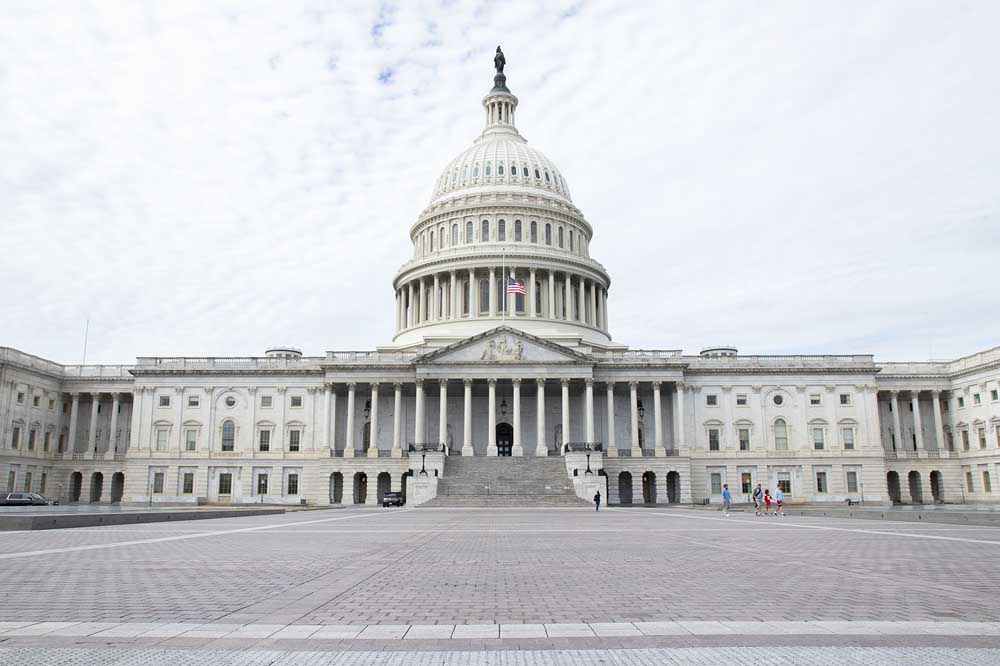Continuing resolution delays farm bill progress in U.S. House
Published 9:30 am Tuesday, October 3, 2023

- U.S. Capitol
Congress has passed a short-term continuing resolution to fund the federal government through Nov. 17, but the farm bill was not included. It expired Sept. 30.
Trending
The lack of a full fiscal year 2024 appropriations package continues to slow work on the new farm bill, said Chandler Goule, CEO of the National Association of Wheat Growers.
“We find ourselves in a similar situation as we did five years ago in that the existing farm bill lapsed temporarily,” Goule said.
Crop insurance is permanently authorized and is not affected by the farm bill expiration, NAWG said.
Trending
The impacts on other programs vary, according to the Congressional Research Service:
• For programs with mandatory funding that is provided by the farm bill and have provisions that expire Sept. 30 at the end of Fiscal Year 2023, authority to operate may cease.
• For programs with a fiscal year authorization that are funded with discretionary appropriations, or for programs with mandatory spending authorized but not appropriated by the farm bill — such as the Supplemental Nutrition Assistance Program, or SNAP — an appropriations act or continuing resolution could allow operations to continue.
• For the farm commodity and dairy support programs that expire after the 2023 crop year, the consequences of expiration begin on Jan. 1, 2024, when inactive and outdated laws —commonly called “permanent law” — would be restored for dairy, the first commodity affected in the new crop year.
• Some programs had their expiration dates extended beyond the expiration of the farm bill by other legislation. The Inflation Reduction Act of 2022, extended some conservation programs through Fiscal Year 2031.
• Some programs, such as crop insurance, are permanently authorized and are not affected by farm bill expiration.
NAWG pointed to comments made by House Agriculture Committee Chairman Glenn “GT” Thompson, R-Pa., who told Politico that the continuing resolution will likely further delay the process, using valuable floor time as leadership works through various appropriations bills and funding the federal government beyond Nov. 17.
“Once Congress funds the federal government through the rest of fiscal year 2024, we are optimistic the focus will shift and efforts to bring a bill before the committees will ramp up,” Goule said.
He recommended that growers stress to legislators the need to bring a bill forward that “protects crop insurance, enhances the farm safety net, supports voluntary conservation and works to support market development” — NAWG’s top priorities for the farm bill.







